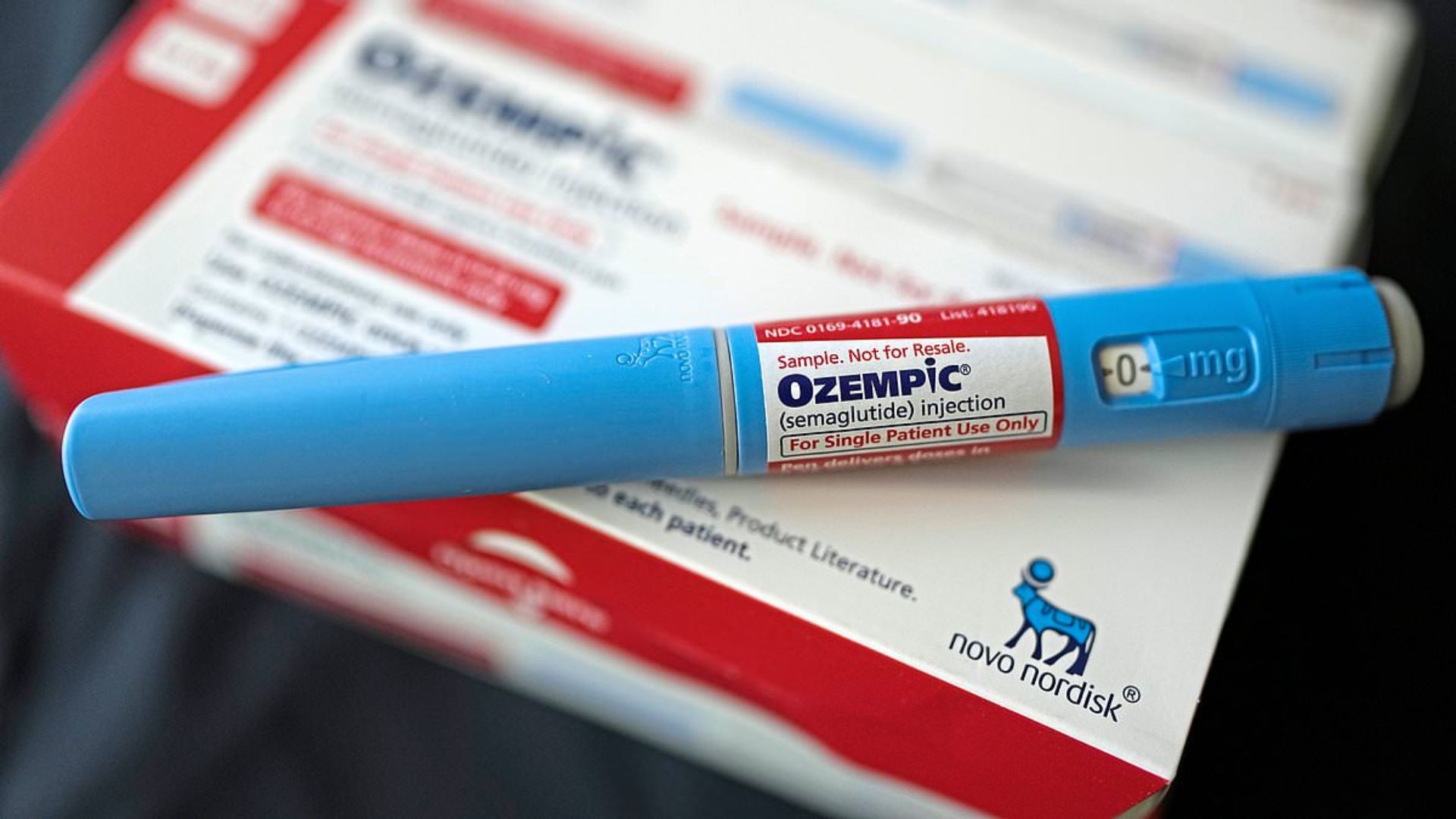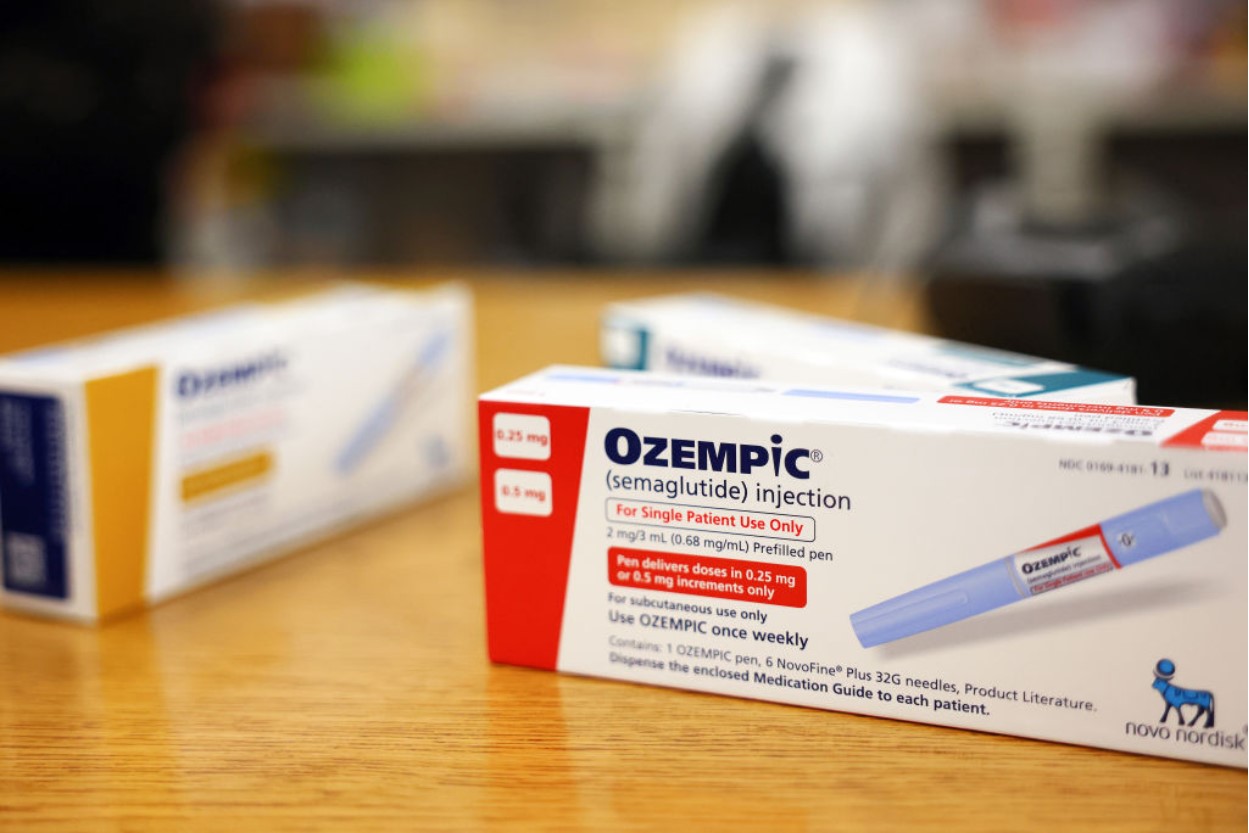Ozempic, a diabetes medication by Novo Nordisk, has recently shown potential in curbing smoking cravings.
Researchers found that patients with type 2 diabetes who were on Ozempic had fewer tobacco-related medical encounters. This surprising discovery could pave the way for new treatments to help people stop smoking.
The Study’s Key Findings

A study published in the Annals of Internal Medicine on July 29, 2024, revealed that Ozempic users with a prior diagnosis of tobacco use disorder were up to 32% less likely to discuss tobacco use with their healthcare providers compared to those on other diabetes medications.
This suggests a unique benefit of Ozempic beyond diabetes and weight management.
Reduced Smoking Cessation Interventions

The same study found that Ozempic users were up to 68% less likely to receive prescriptions for smoking cessation medications and up to 21% less likely to receive smoking cessation counseling.
These findings highlight a significant reduction in the need for traditional smoking cessation interventions among Ozempic users.
Exploring Semaglutide’s Potential

Semaglutide, the active ingredient in Ozempic, is believed to dampen the reward effects of nicotine in the brain. This mechanism could explain the reduced desire to smoke observed in patients.
Previous reports have also noted diminished cravings for alcohol and opioids in patients using semaglutide-based drugs like Ozempic and Wegovy.
A Call for Clinical Trials

Despite the promising findings, researchers urge for clinical trials to further evaluate semaglutide’s potential as a smoking cessation aid.
Observational data alone cannot establish causality, and controlled studies are necessary to confirm these initial observations.
The Broader Implications

The study involved electronic health records of nearly 229,000 patients, including 6,000 Ozempic users.
It compared various classes of diabetes drugs, such as insulins, metformin, and other GLP-1 receptor agonists, providing an analysis of the potential benefits of semaglutide in reducing smoking-related health issues.
Insights from Dr. Tamika Henry

Dr. Tamika Henry, founder of the Unlimited Health Institute, explained, “Ozempic decreases the surge of dopamine, thereby reducing the desire for activities like smoking.”
This insight helps to understand the drug’s impact on the brain’s reward centers and its potential in addiction management.
The Need for a Balanced Approach

While Ozempic shows promise in reducing smoking cravings, it is crucial to consider the role of complementary lifestyle changes.
Dr. Henry emphasized, “Taking medication is just part of it. You need to start doing other things that help you along the way. Because if the medication is removed, then what happens?”
Weighing the Side Effects

Patients should also be aware of potential side effects, such as nausea, heartburn, and fatigue.
These adverse effects need to be balanced against the benefits of reduced smoking cravings and improved diabetes management.
Real-World Impact

Some doctors and patients have reported reduced cravings for nicotine, alcohol, and even opioids as unexpected side effects of semaglutide-based drugs.
These real-world anecdotes show the potential broader applications of Ozempic and similar medications.
Future Research Directions

The study also shows the need for ongoing research to explore semaglutide’s full potential in smoking cessation and other areas of addiction treatment.
Future clinical trials will be important in determining the efficacy and safety of these medications for broader use.
More Answers to Come?

Ozempic’s potential in curbing smoking cravings opens new avenues for addiction treatment. However, more research is needed to fully understand its benefits and risks.
As we await further studies, the findings provide hope for innovative approaches to managing tobacco use disorder and improving overall health outcomes.








































